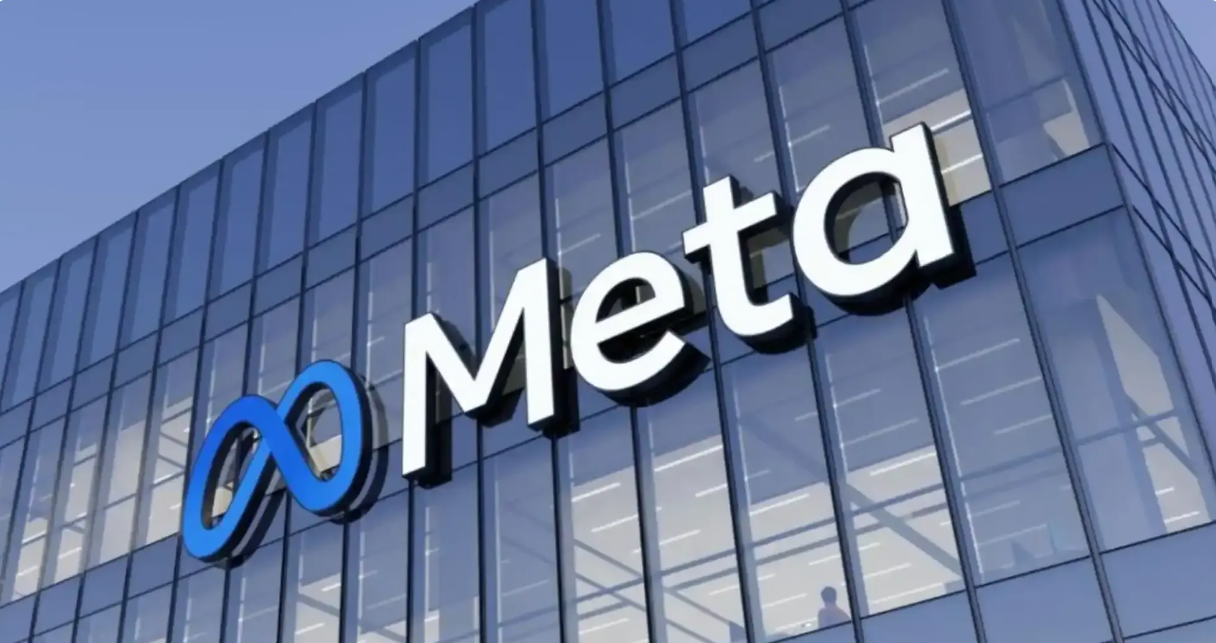Considering the rapid rise in artificial intelligence (AI) use and Africa’s struggle to keep up, the Nigerian government has partnered with Meta to launch the Llama Impact Accelerator, promoting impactful AI development in Nigeria.
Generally, the African continent faces enormous challenges accessing the needed tools to develop its AI infrastructure locally.
As AI become mainstream in the corporate world, healthcare, education and business, many Nigerians particularly lack the training, funding and mentorship to explore the innovation. The growing need to close this gap has sparked Nigeria-Meta programme.
Bosun Tijani, Nigeria’s minister of communications, innovation and digital economy, announced the partnership on Tuesday, June 10, 2025, describing it as a significant step in Nigeria’s mission to nurture a thriving AI ecosystem and drive national development through innovation.
Meta is working with the National Centre for Artificial Intelligence and Robotics (NCAIR) and the National Information Technology Development Agency (NITDA) to implement the programme.
The company’s head of public policy for Anglophone West Africa, Sade Dada, said the partnership recognises Nigeria’s strong innovation ecosystem and growing pool of AI talent.
“The accelerator offers local talent the infrastructure, tools and mentorship needed to build responsible solutions using open-source models like Meta’s Llama,” Dada said.
The eight-month programme targets early-stage startups using open-source Llama models to tackle national and regional challenges in four key areas: agriculture, security and safety, healthcare, and a ‘wild card’ category.
The so-called wild card category encourages bold and creative AI applications that could bring substantial impact to underserved sectors.
While the programme is new in Nigeria, it builds on Meta’s past accelerator models that have scaled AI tools in other countries.
The Nigerian government has partnered with Meta to launch the Llama Impact Accelerator, promoting AI development in Nigeria to help bridge the gap in AI infrastructure due to challenges across Africa in accessing necessary development tools.
This collaboration, announced by Nigeria's Minister of Communications, Innovation, and Digital Economy, Bosun Tijani, aims to nurture a robust AI ecosystem and promote national development through innovation.
The initiative involves Meta working closely with the National Centre for Artificial Intelligence and Robotics (NCAIR) and the National Information Technology Development Agency (NITDA).
Sade Dada, Meta's head of public policy for Anglophone West Africa, highlighted the accelerator's role in providing infrastructure, tools, and mentorship to local talent, enabling them to create responsible solutions using open-source Llama models.
The programme focuses on early-stage startups addressing challenges in agriculture, security and safety, healthcare, and a 'wild card' category for ambitious AI applications.
By leveraging previous successful models from other countries, this Nigerian programme aims to have a significant impact across various sectors by equipping participants with the needed resources and support.






